At La Basse Cour, transition is the secret ingredient!
Right near the city of Rennes, La Basse Cour (The Farmyard), a stimulating third space, meets the ecological and food transition challenge by uniting local farmers with people who are curious and like to eat well to explore new practices that are good for the planet.
A green link between the urban life and the countryside, La Basse Cour is a haven of biodiversity just a few minutes from the city. Located on the outskirts of Rennes, on protected land in the Prévalaye area, this space is an open-air laboratory for the ecological and social transition. Farmers, local producers, agricultural engineers, people who work for nonprofits, apprentice gardeners and of course, consumers looking for wholesome, quality food have made it their refuge since it opened to the public in 2021. A unique location of 2,000 square meters of gardens and greenery, this former farm and its outbuildings are now home to La Basse Cour’s project. Initiated in 2017 by the Agricultural Collective of Prévalaye in partnership with the city of Rennes, who provided and helped convert the land, this project has been supported by Fondation de France through its call for projects campaign “Reinventing the Commons to Amplify the Ecological Transition.” For Yann Desdouets, Executive Director of Fondation de France Grand Ouest, “today, in order to respond to our planet’s challenges, we must go beyond the boundaries between the various environmental players to create new alliances. This is why we support deeper cooperation between citizens, public agencies, business and collectives that are organized around regions, objectives and joint projects that promote the ecological transition.”
La Basse Cour’s objective: to create a stimulating third space that encourages as many people as possible to get involved in the region’s agro-environmental, social, cultural and economic transition. In order for this ambitious project to succeed, the collective has conducted a long information and awareness campaign, and also designed the site through a public consultation process. It also relied on several partners. A few examples: The Jardin des Mille Pas, and Rennes des Champs, networks that connect local farmers who sell through the local distribution network; Terres de Sources, which unites farmers committed to respecting water quality; and Rennes du Compost, a nonprofit that specializes in plant compost.
Agroecology becomes a celebration through the pleasure of eating well
Result: Today La Basse Cour offers everyone a chance to take back the commons, that is, nature and food, by experimenting with new, more sustainable forms of consuming, producing, working and living in harmony. There are plenty of options on site: participatory gardening, educational workshop for children, sustainable, local farming, fun activities like learning about new foods, eating at the stands, concerts, etc. A local farmer has taken command of part of the garden, providing the restaurant with fava beans, lettuce, strawberries, turnips and tomatoes, all from seed saving. Right nearby the Participatory Research on Cultivated Biodiversity program of the National Research Institute for Agriculture, Food and Environment (lNRAE), has opened a parcel for experimentation, a collaboration with home cooking, on cultivating millet, buckwheat and other heritage grains. But La Basse Cour wishes above all to be an open and friendly place. To further this aim, the farm’s outbuildings were quickly repurposed: the old chicken coop has become a snack bar, the barn is a kitchen and the stable is a multi-function room. Soon there will also be a space dedicated to training sessions and knowledge transfer, as well as a shared canning area where people can come and bottle their own jams, soups and vegetables. “To succeed at making people aware of good practices, it’s important not to moralize, not to work in isolation,” explains Eléonore Havas, the project’s social and cultural coordinator. “The agro-ecological transition can be both collaborative and enjoyable! So it’s primarily through good food and tasty dishes that you can convince someone that another way of doing things is possible and that your message can get through. And it works! La Basse Cour is starting to get known as an alternative space where nature and eating well are available to everyone.”
Visit Basse Cour in pictures
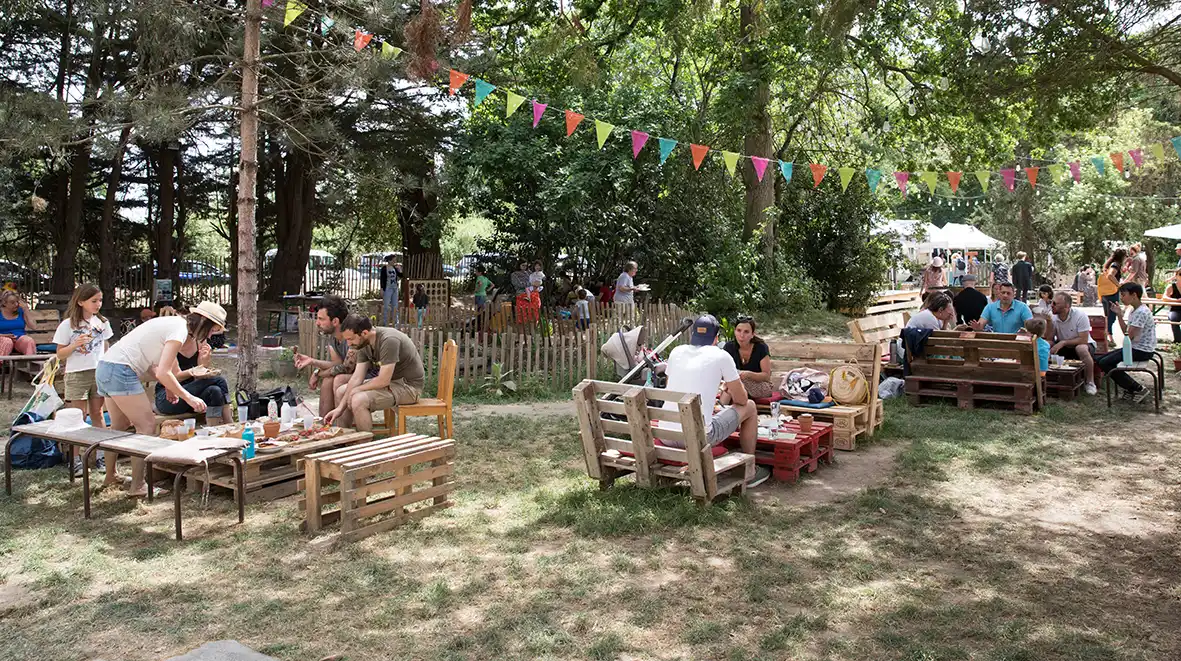
Picnic and outdoor café ambiance at La Basse Cour. This third space wishes above all to be a friendly and convivial place.
©Anne-Cecile Esteve
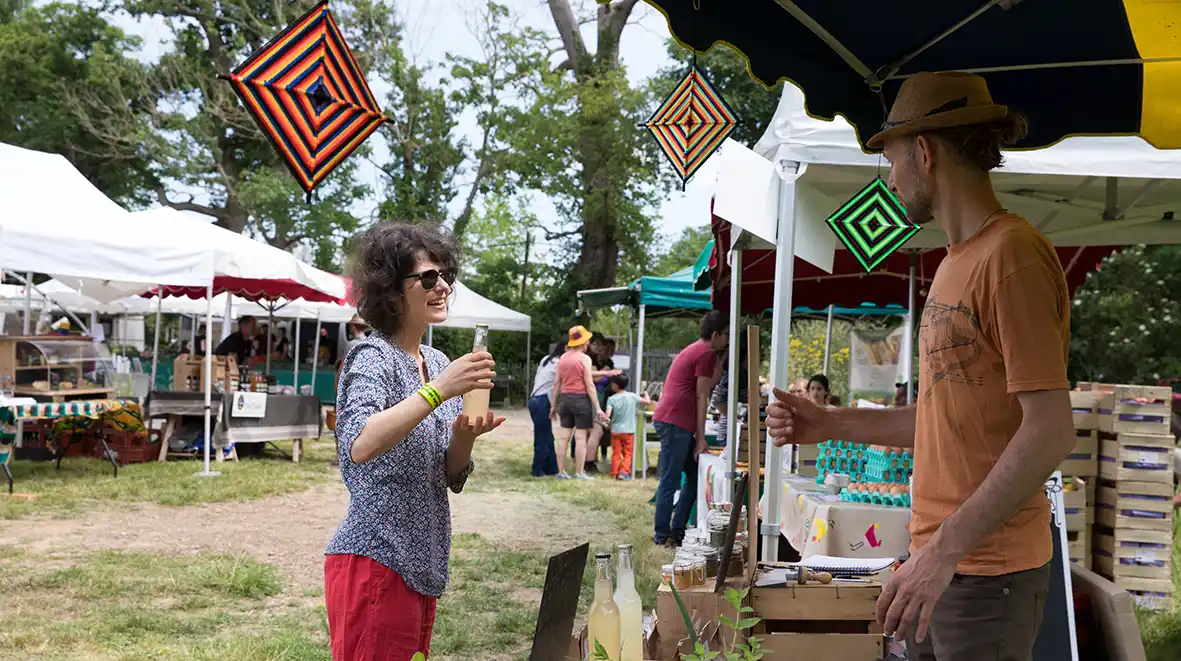
Thanks to its network of local partner farmers, numerous events, product tastings and outdoor markets are organized on a regular basis. A good way to provide access to wholesome, local, quality food.
©Anne-Cecile Esteve
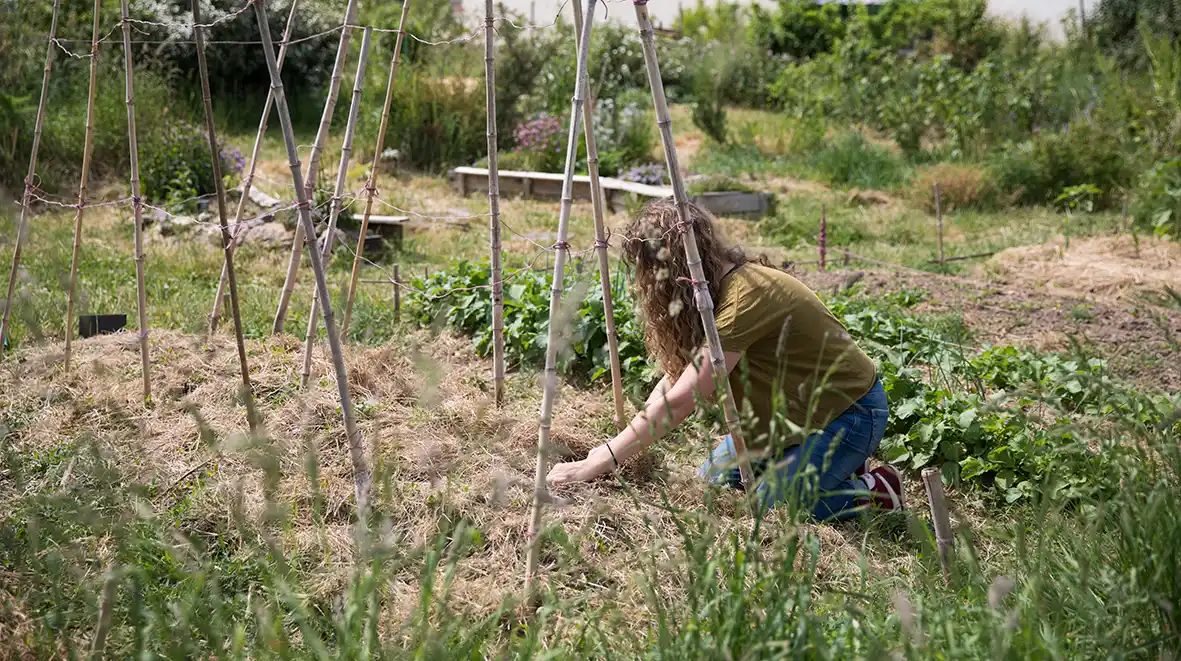
One part of the site is reserved for sustainable farming. The resulting products supply the restaurant or are sold through local distribution networks.
©Anne-Cecile Esteve
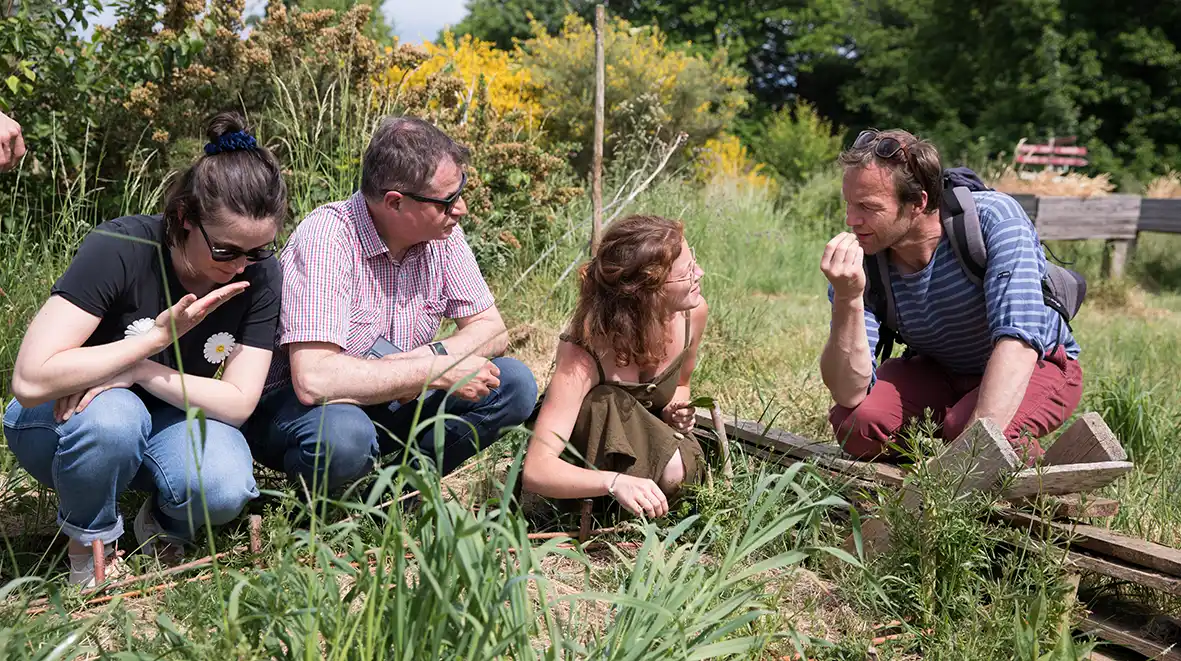
Participatory gardens, educational workshops and guided visits allow everyone to understand La Basse Cour’s agro-ecological process.
©Anne-Cecile Esteve
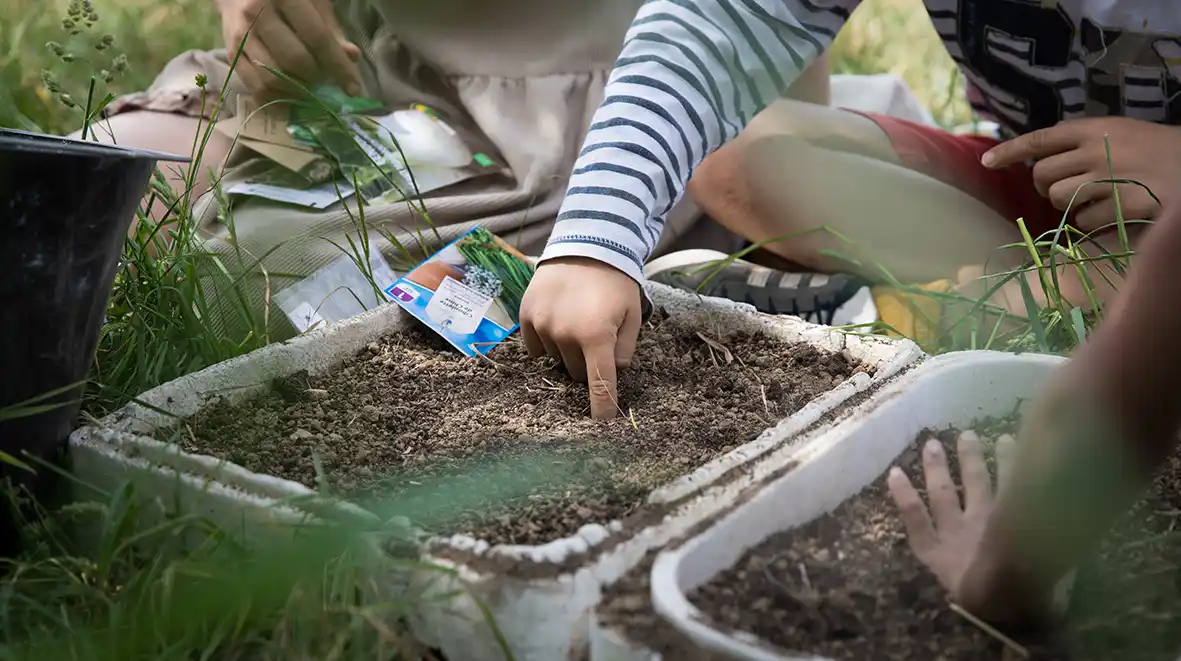
The practical workshops that are frequently held in the gardens and the partnerships with elementary schools, junior high schools and high schools help make young people aware of environmental issues and provide an introduction that can have lasting effects.
©Anne-Cecile Esteve
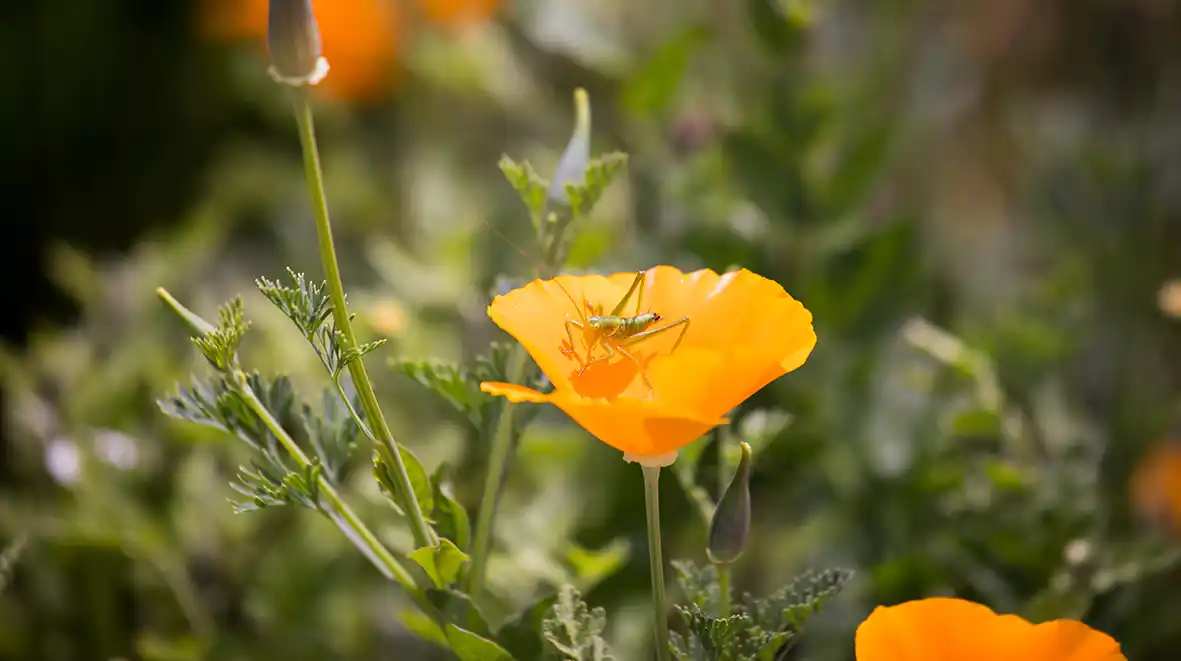
Sustainable farming methods that protect the soil, water quality and the local ecosystems make it possible to preserve the site’s biodiversity, despite its proximity to the city.
©Anne-Cecile Esteve

